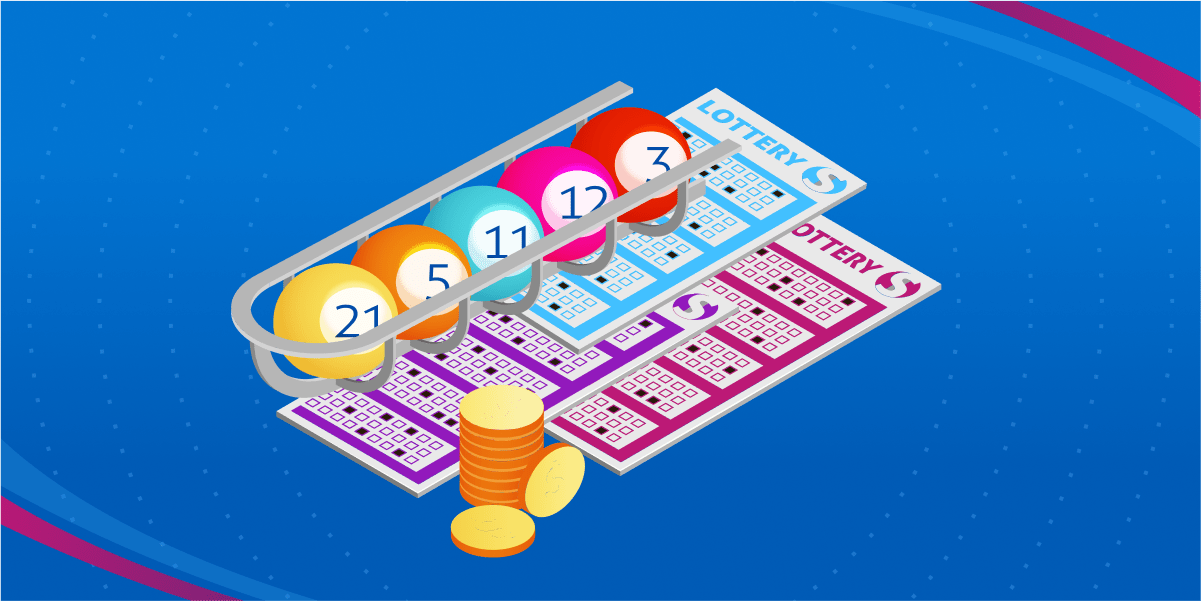
However, if your lottery exceeds a certain amount for a single draw or the total sum of combined funds of every draw exceeds the amount set by the gaming authority in one calendar year, you will need to apply for a license — the number of a single draw or combined draws in one fiscal year depends on the jurisdiction you are in.
Before you can apply for a lottery license, you should first determine what type of license you need for your lottery games in order to be fully compliant with the law in your jurisdiction.
One of the things that may determine what type of license you need is the time of selling tickets. For example, you won’t need a license if you are running an ‘incidental lottery’ where you are selling tickets at the event itself, while you will most likely need a license if you are selling tickets before the event.
There are many bylaws that will determine what sort of license you need, so you might want to seek help from a legal consultant to assist you and help you determine which type of license you need. Once you do that, you can begin with the application process.
Highlights of the Article
- Different licenses like non-remote society lottery or remote external lottery manager may be required depending on the jurisdictions.
- A license for the lottery becomes necessary if the lottery’s single draw or annual combined draw funds exceed a specific amount set by the gaming authority.
- The application process for a lottery license involves contacting the local authority’s licensing department, completing an application form, and paying the relevant fee.
- The current Curacao eGaming lottery license requires establishing a local company, presenting a business plan, locating gaming servers in Curacao, and ensuring compliance with audits, payouts, and anti-money laundering regulations.
- To obtain a lottery license, operators must pay a non-refundable application fee and cover license costs and company registration expenses.
- Lotteries must allocate at least 20% of proceeds to community or charitable causes and cannot fund political or development activities.
Application Process
The application process is straightforward — contact the licensing department of the relevant local authority and request the application form. After you do that, you will have to fill in the form with the necessary information and submit it alongside the fee for issuing the license. Again, the structure and the fee can vary — they depend on the gaming authority, as well as the type of license you are trying to obtain.
Requirements
In order to stay fully compliant, you must meet several requirements pre-determined by gaming authorities. One of them, as we’ve mentioned before, is to make sure that the maximum prize limit doesn’t exceed the number set by the gaming authority for your license type.
Still, even before you get to the maximum prize limits, first, you need to get the technical details out of the way. For example, for a lottery license from Curacao eGaming, you need to create a local company where one of the locals would act as a director and present a detailed business plan and description of your lottery scheme.
The applicant needs to locate the gaming servers in Curacao and meet other compliance conditions as well, such as an audit of the gaming systems, guaranteed payouts, identification and anti-money laundering compliance, and many more.
They also need valid contracts with credible software providers so that the fairness and integrity of the games are ensured at all times.
Footing the bill for a lottery license is also an important step. Apart from the non-refundable application fee you need to pay during the licensing procedure, there is also the cost of the license itself, plus the registration of the company and others.
However, the most important thing to note about lotteries is that they cannot be run for commercial purposes and at least 20% of your proceeds (or more) must go to fundraising. The money raised from the lottery is mostly used to fund different programs and activities in the local community, charity meal groups, etc. The proceeds can’t be used for funding political parties, lobbying, infrastructure and development projects, and other such schemes.
Another important thing to consider is that the participants of your lotteries must be 16, 18, or 21, or older. As is the case with the majority of things we’ve mentioned, the age depends on the jurisdiction you are in. The same goes for the prizes offered if the awards include alcoholic drinks, etc.
Finally, you are not allowed to sell tickets in the street, but you should do it at the event. The tickets need to include the name and the price of the lottery, as well as the name and address of the organiser and the date of the lottery.
2023 Updates
Failure to comply with regulators’ requirements, especially in the area of responsible gambling, will result in permanent bans and costly fees.
Namely, in 2023, the National Lottery’s regulator imposed a penalty on Premier Lotteries Ireland (PLI) by withholding €150,000 due to non-compliance. This action was taken after it was discovered that PLI’s system for allowing problem gamblers to self-exclude was ineffective, leading to the first instance of such a financial penalty. The issue was related to 126 self-excluded accounts that were mistakenly deleted, enabling some users to create new accounts and engage in gambling activities.
Final Thoughts
Running a lottery business on its own can be a good business endeavour with great potential to build a loyal fanbase, which can lead to stable income. However, it seems that the best way to implement a lottery programme is by combining it with your already working online casino or sportsbook. The lottery is a perfect complementary gambling vertical that can help you take your gambling enterprise to the next level.
